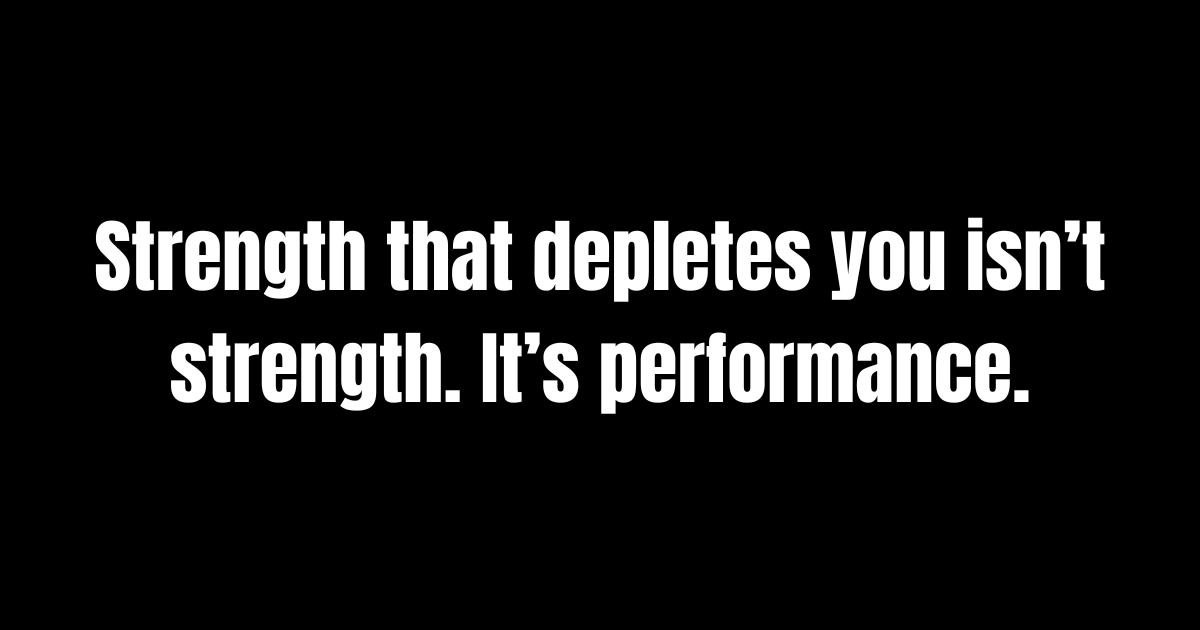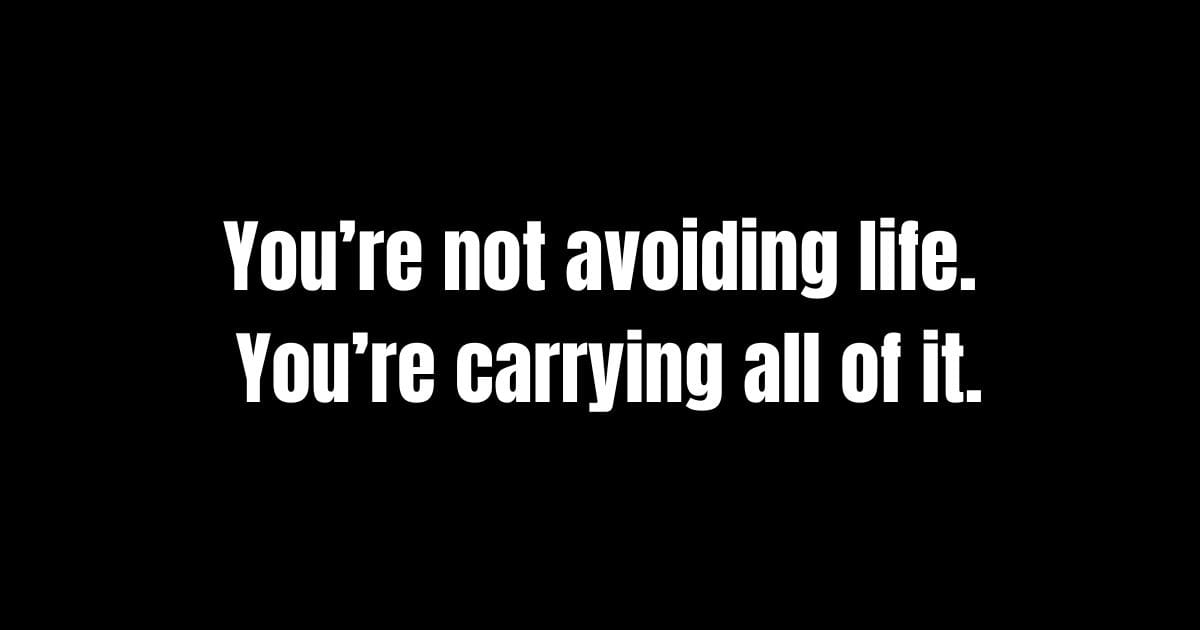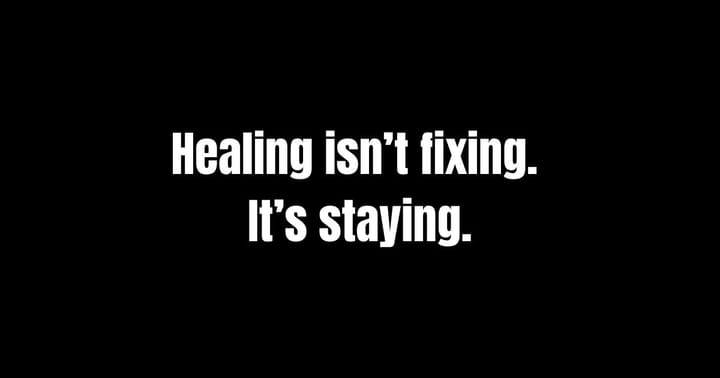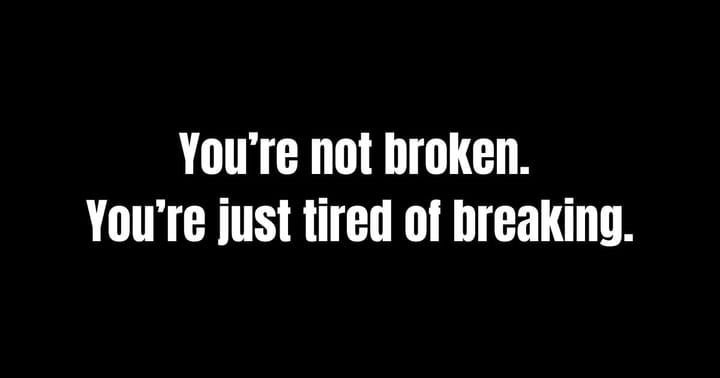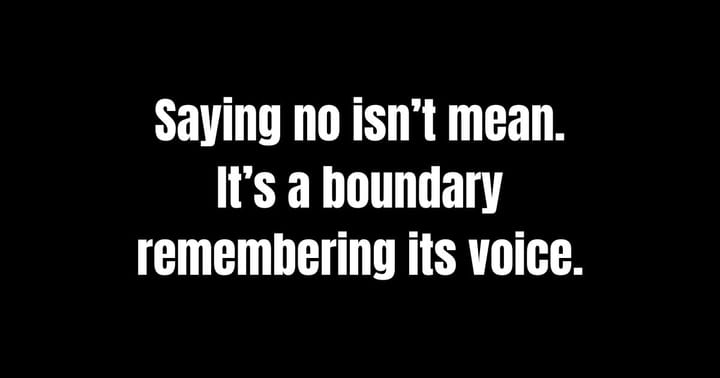When You’re Still Exhausted After Rest (And Burnout Looks Like Quiet Survival, Not Collapse)
You slept. You slowed down. You did everything right. So why are you still exhausted? This is what emotional burnout really looks like — quiet survival, not dramatic breakdown — and why real recovery takes more than rest.
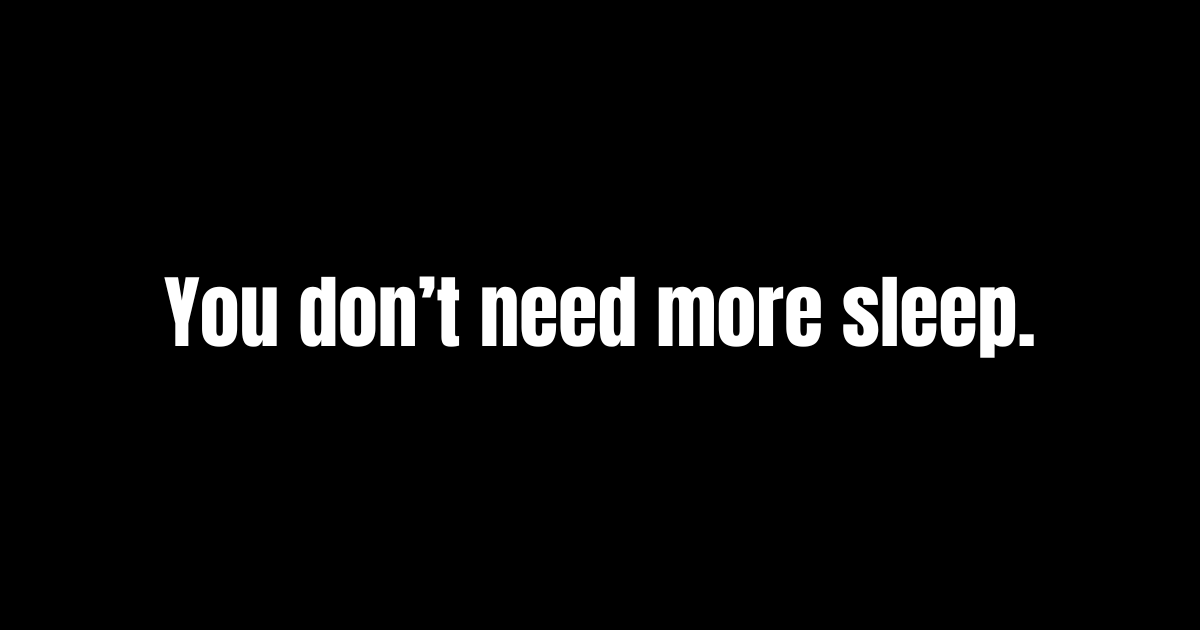
When You’re Still Exhausted After Rest
(And Burnout Looks Like Quiet Survival, Not Collapse)
You rested.
You did the things.
You slept in.
You cancelled plans.
You logged off early and tried to slow your breathing before bed.
You gave yourself space to recover.
Or at least, you tried.
But somehow, the tired stayed.
Not just in your muscles.
Not just behind your eyes.
But deeper. Like a heaviness inside your chest that doesn’t lift, even when you’re doing everything “right.”
You’ve started wondering if this is just who you are now.
If exhaustion is your new baseline.
If maybe you’re not healing, you’re just … adapting to the fog.
This Isn’t Regular Tiredness. This Is Survival Mode in a Nice Outfit
You’re not falling apart.
You’re still doing the work.
Still getting back to people.
Still moving your body through the day.
But it’s all heavier than it used to be.
Every conversation costs a little more.
Every small task feels slightly oversized.
Even joy doesn’t hit the way it should.
You’re not falling behind.
You’re just stretched thin in ways no one else sees.
It’s not sleep you need.
It’s something more foundational.
Something slower.
Something safer.
Burnout Doesn’t Always Come With a Crash
Sometimes it looks like flatness.
No highs.
No deep lows.
Just existing at a quiet hum of depletion.
You’re not sobbing in the bathroom or snapping at strangers.
You’re replying with emojis, showing up on time, keeping the tone light.
But you feel disconnected.
Not from your life exactly, from yourself inside it.
Like you’re watching it all play out from a few feet away.
Like you’re performing a version of you that used to be real.
And maybe that’s what hurts the most.
You remember being different.
More alive.
More in it.
Now you’re just tired.
All the time.
You’re Not Lazy. You’re Carrying More Than You Realise
Emotional burnout is harder to name because it doesn’t always show.
There’s no rash.
No fever.
No obvious symptoms.
But it creeps in through the things you used to love feeling a little dull.
Through the way your brain skips like a scratched record when you try to focus.
Through the way your voice lowers by the end of the day, not out of sadness, just weight.
You’ve been holding so much for so long,
you don’t even recognise the load anymore.
You just call it normal.
But it’s not.
You’re not broken.
You’re saturated.
And that’s different.
This Kind of Rest Has to Reach Your Nervous System
It’s not about more hours of sleep.
Not about taking another weekend off.
Not about hitting “do not disturb” on your phone.
You can rest your body and still be exhausted
if your mind is spinning,
if your boundaries are leaking,
if your life feels like a performance you can’t step out of.
True rest means stepping out of roles you never agreed to in the first place.
It means releasing the tension you didn’t even know you were holding in your voice, in your jaw, in the invisible places you clench just to get through a conversation.
You’re Not Supposed to Be This Functional in Your Own Exhaustion
But you are.
Because you had to be.
Because someone needed you.
Because the alternative was letting something fall, and you couldn’t do that, not then.
Now you’ve made it to the other side.
Sort of.
Enough that no one checks on you anymore.
And still, the tired hasn’t left.
Because this kind of tired doesn’t come from the days you worked too hard.
It comes from the months — maybe years — of holding everything emotionally together without ever truly stopping.
You paused the pace.
But you never put the weight down.
Start There
Start with permission.
Not to escape, but to loosen.
Say no without the follow-up.
Cancel something without replacing it with productivity.
Let the unanswered message stay unanswered one more day.
And when the tired comes, because it will. Don’t try to outrun it again.
Let it speak.
Not just about what you did,
but about how long you’ve been doing it alone.
That’s where real rest begins.
Not in what you stop doing.
But in what you finally stop holding.
Watch
A companion voice reflection is part of the Searches at 2AM series.
Notes to Self
We send one post like this each week. Quiet. No pressure. No fix-it tone.
Read Next:
